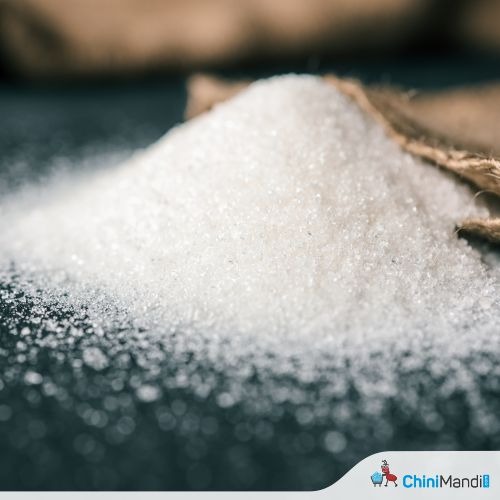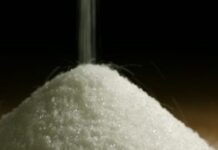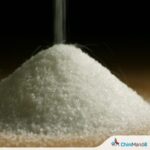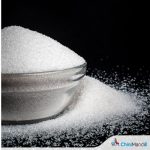New Delhi: In a move aimed at improving public health, the central government has instructed all states and Union Territories to stop using refined sugar, high-fat, salt and sugar (HFSS) foods, preservatives, artificial colours, and flavours in meals and rations provided under supplementary nutrition programs. These guidelines apply to food given to children, pregnant women, lactating mothers, and adolescent girls, reported The New Indian Express.
The directive follows findings from the Ministry of Women and Child Development (WCD), which stated that Take Home Rations (THR) and Hot-Cooked Meals (HCM) distributed under these schemes often contained excessive amounts of sugar, salt, and other harmful ingredients.
The advisory, issued on April 17 by WCD Deputy Secretary Jyotika, instructs states to avoid refined sugar altogether and use jaggery instead, if sweetness is needed. However, the use of jaggery should be kept below 5% of total energy to avoid excessive calorie intake.
“Foods high in fat, salt, and sugar should not be given to any age or gender group,” the advisory says, referencing global and national dietary guidelines. It also suggests states develop THR recipes without salt or sugar, allowing recipients to add these as per their preference.
Health experts welcomed the move. Dr Arun Gupta, a pediatrician and convenor of the Nutrition Advocacy in Public Interest (NAPi), called the step “long overdue.” He praised the government for finally recognizing the risks associated with excessive sugar and salt in government nutrition programs. “If fully implemented, this will help protect millions from diet-related diseases,” he said.
Dr Gupta also urged the government to clearly define HFSS foods in future advisories and to discourage the use of pre-packaged food products, especially for infants and young children, due to their typically high content of sugar, salt, and fat.
Neelmani Singh, a public health nutrition expert, also supported the move, calling it a vital step toward ensuring a healthier future for children. “This is about helping children avoid obesity, diabetes, and other health problems by learning to eat healthier from a young age,” he said.
The new guidelines also recommend reducing the number of sweet recipes in morning snacks and cooked meals, and ensuring all ingredients used in supplementary nutrition comply with the Food Safety and Standards Regulations, 2011.
Special care is advised for infant foods, which must be free from added colours, flavours, and preservatives. Only approved emulsifiers under the infant nutrition regulations should be used.
The WCD ministry based its recommendations on inputs from the Indian Council of Medical Research–National Institute of Nutrition (ICMR-NIN), which advised that both refined sugar and jaggery should not exceed 5–10% of daily energy intake in supplementary meals. Salt should also be kept to a minimum.
The advisory cites World Health Organization guidelines recommending that both adults and children reduce free sugar intake to less than 10% of their daily energy. The latest Dietary Guidelines for Indians (2024) also recommend no added sugar for children under two, and less than 5% sugar intake for all others.
The reforms come under the larger umbrella of Saksham Anganwadi and Poshan 2.0, the government’s flagship Integrated Nutrition Support Programme. It aims to tackle malnutrition among children under six, adolescent girls, pregnant women, and lactating mothers—especially in the North Eastern Region and Aspirational Districts.
The revised program merges existing nutrition schemes and focuses on better implementation to improve nutrition and developmental outcomes for millions of beneficiaries across India.












